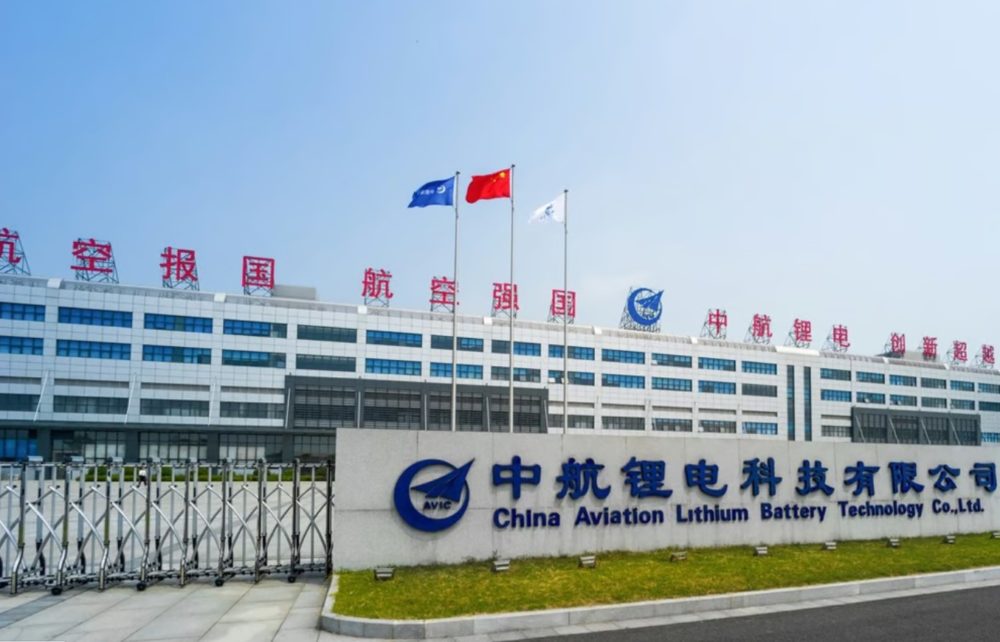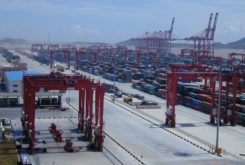The new partnership between car manufacturers Xpeng and Volkswagen is seen by China Aviation Lithium Battery Technology (CALB) as “an opportunity” for its planned lithium battery factory in Portugal.
“CALB, which is in the top five of the world’s largest manufacturers of batteries for electric cars, is Xpeng’s main supplier and, through this agreement, also sees its European market reach new growth potential, highlighting its importance for the industrial unit that is to be set up in Portugal, in the municipality of Sines”, CALB said in a statement.
Volkswagen recently announced a EUR 630 million acquisition of a 4.99% stake in Xpeng for the joint development of electric vehicles. The two manufacturers want to forge a long-term and mutually beneficial strategic alliance, said Xpeng in a statement sent to the Hong Kong stock exchange.
Quoted in the statement, CALB executive Liu Jingyu said that as “Xpeng’s sole battery supplier“, his company “considers the agreement between the two brands to be the start of a new cycle of growth and success for everyone”.
The factory in Sines is due to come into operation in 2025, with the aim of responding to the company’s current order book on the European continent – and should be CALB’s largest factory in Europe.
The manufacturer estimates that the operation of the plant in Sines could “represent around 4% of Portugal’s Gross Domestic Product (GDP), since all sales will be exports to the European market”.
Europe becomes “key part of China’s global electric vehicle expansion”
In March, it was reported that CALB had started the environmental licensing process for the project to build the lithium battery plant in Sines, after submitting a proposal to define the scope of the environmental impact study to the Portuguese Environment Agency (APA) at the end of February.
At the beginning of July, the head of Portugal’s Agency for Investment and Foreign Trade (AICEP), Filipe Santos Costa, told Público newspaper that CALB had gone ahead with a contract to reserve 90 hectares in Sines in order to proceed with the project to set up the battery factory.
At roughly the same time however, Jornal Económico, suggested the whole project was at risk, potentially in retaliation to Portugal’s stance over Chinese technology in 5G networks, and also due to the problems CALB itself has been facing in China.




